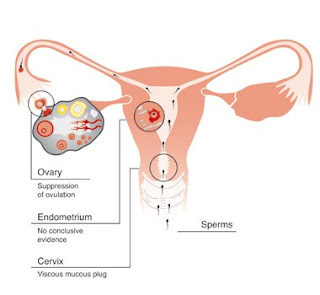Male Condom:
Male condoms is a barrier contraception device that commonly used during sexual intercourse to reduce the probability of pregnancy and reduce your risk of contracting a sexually transmissible infection (STI). Use condoms every time on a man's erect penis then vaginal, anal or oral sex to prevent an exchange of blood, semen or vaginal fluids.
Condoms are waterproof, elastic, and durable. It should be used once only for each activity. Condoms are perfect device for vaginal, anal or oral sex. When you are not confident for using condoms then you can practicing until you feel confident before having sex.
Male condoms enhances their sexual enjoyment.
Cause:
Male condoms is a barrier contraception device that commonly used during sexual intercourse to reduce the probability of pregnancy and reduce your risk of contracting a sexually transmissible infection (STI). Use condoms every time on a man's erect penis then vaginal, anal or oral sex to prevent an exchange of blood, semen or vaginal fluids.
Condoms are waterproof, elastic, and durable. It should be used once only for each activity. Condoms are perfect device for vaginal, anal or oral sex. When you are not confident for using condoms then you can practicing until you feel confident before having sex.
Male condoms enhances their sexual enjoyment.
Cause:
- Reduce the probability of pregnancy(condoms are 95 to 99 per cent effective)
- Concerns about infection STIs, including HIV
- Improved duration of the erection during sexual intercourse.

























